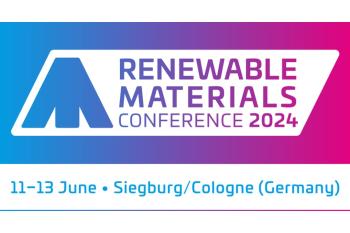BASF Commissions Custom Rhine Tanker
Measuring 135 m x 175 m, the custom-built vessel, much larger than conventional Rhine tankers, with three electric motors, will offer additional flexibility at low water levels, thus enabling a “significant increase” in transport volumes, said the chemical group, whose engineers helped design it.
At average low water levels, the transport capacity of around 2,500 t is expected to be twice that of conventional inland vessels. For example, the ship should be able to pass a critical point on the Rhine near Kaub, Germany, with a cargo of 650 t, even in water as shallow as 1.60 m.
BASF’s idea for a special tanker was born of necessity in summer 2018, when record-breaking high temperatures and low water levels along Europe’s most important shipping artery interfered with distribution of chemicals and plastics from its headquarters site on the lower Rhine.
For the chemical giant, commissioning a vessel that would meet its particular needs was a necessity as there was nothing suitable on the market, said Uwe Liebelt, head of European Site & Verbund Management.
The new barge’s high load-bearing capacity and its shallow draft should ensure safe operation and full maneuverability in extreme low-water situations, said Lucas Vos, president of Stolt Tankers. As it will transport chemicals, it will have ten stainless steel tanks and three separate loading systems, making it suitable for potentially corrosive products such as acids and alkalis.
Taking precautions for low water events
BASF’s headquarters site continues to make preparations for prolonged droughts. In addition to developing a digital low-water warning system, in cooperation with Germany’s Federal Institute of Hydrology, the chemical group is rethinking some of its logistics concepts, including converting and expanding loading points to allow cargoes to be switched from river to rail, if necessary.
Since 2018, BASF has also introduced new tank cars for rail shipping to bring costs down to the level of barge transport. According to its calculation, around 80 tank cars are needed to replace one barge. Site management also has improved the plant cooling systems at Ludwigshafen to reduce dependency on water intake from the Rhine.
Author: Dede Williams, Freelance Journalist












